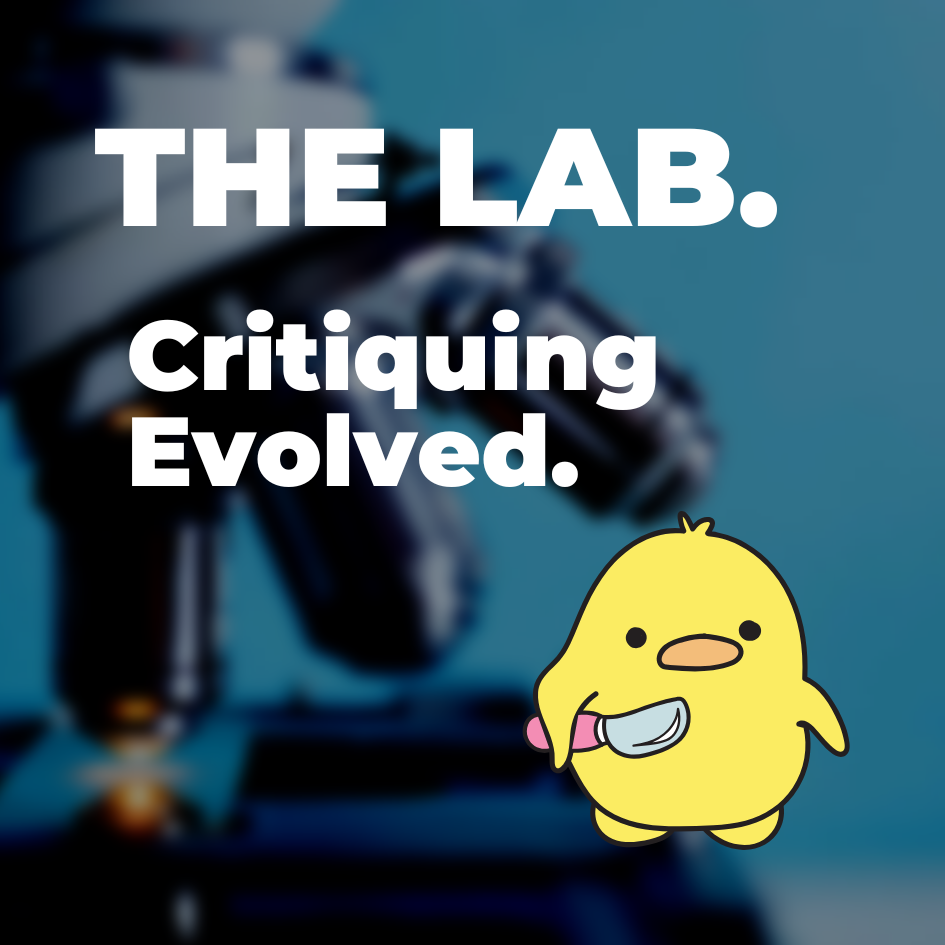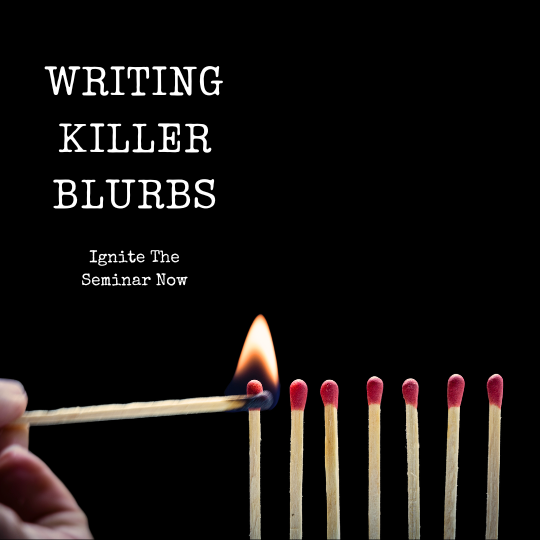Paul Whybrow
Full Member
I'm currently reading one of Ian Rankin's Inspector Rebus novels, Dead Souls, which was originally published in 1999, but this paperback 2005 edition has a few extras.
In a four page Introduction Rankin explains something of the background of the story, including personal details he included about his own upbringing, as well as in-jokes and how the story fits into the pantheon of Rebus stories—it was the tenth in a series that's now reached 21 titles—plus several collections of short stories.
At the end of the book, there are fifteen pages of Reading Group Notes, including a map and photographs of Edinburgh street furniture and buildings mentioned in the story. There are several pages of suggestions of topics for reading groups to discuss, that are raised by the plot of Dead Souls.
These include:
*Where is Rebus now positioned on questions of religious belief?
*This is the most personal portrayal so far of Ian Rankin's own background; would a reader who doesn't know this be able to guess?
*How does Rebus relate to women: as lovers, flirtations, family members and colleagues?
*How does Ian Rankin explore notions of Edinburgh as a character in its own right? In what way does he contrast the glossy public and seedy private faces of the city with the public and private faces of those Rebus meets?
All of this made me wonder what reading groups would discuss about my Cornish Detective novels, should they ever be published and sell enough to warrant such analysis. My WIP The Dead Need Nobody is set in the art world of Saint Ives, where an art gallery owner has murdered to protect his paintings. There are subplots featuring a cat burglar who raids millionaire's mansions, and bungling twin brothers whose thieving is cruder—hauling car park ticket machines out of the ground to get at the money inside. My protagonist detective, a widower, unexpectedly falls in love and lust, which affects his sleuthing.
Discussion topics could be:
*Can having lots of money or owning expensive possessions compensate for an empty personal life?
*Would you kill to protect what you own?
*One of the characters is an ageing prostitute, who offers sexual services to regular clients from her home. The local police force turn a blind eye to such low-level operations, preferring discreet brothels and massage parlours, to having prostitutes walking the street. Should prostitution be legalised and regulated?
*The villain of the story is a wealthy art gallery owner, who collects paintings that he secretes away, not allowing anyone to see them. He prefers art to people, and has murdered three times, to keep his paintings to himself. Yet in the same town, the Tate Saint Ives welcomes 250,000 visitors a year, adding £11,000,000 to the local economy. Should art be available for viewing by the public...and what therapeutic value does it have?
The issues you raise in a story are linked to the theme you chose as the writer. Incidentally, Ian Rankin's towering success didn't come easy, and he had several false starts in his publishing career, including writing under a pen name. It wasn't until the eighth title in his Inspector Rebus series, Black and Blue, became a huge commercial success that his publishers saw a return on their money. It wasn't until 12 years after the publication of his first book, that Rankin could afford to apply for a mortgage to buy a home. Proof, if proof were needed, of how long the struggle is for an author to receive recognition and make some money.
Profile: Ian Rankin
What would a reading group discuss about your book?

In a four page Introduction Rankin explains something of the background of the story, including personal details he included about his own upbringing, as well as in-jokes and how the story fits into the pantheon of Rebus stories—it was the tenth in a series that's now reached 21 titles—plus several collections of short stories.
At the end of the book, there are fifteen pages of Reading Group Notes, including a map and photographs of Edinburgh street furniture and buildings mentioned in the story. There are several pages of suggestions of topics for reading groups to discuss, that are raised by the plot of Dead Souls.
These include:
*Where is Rebus now positioned on questions of religious belief?
*This is the most personal portrayal so far of Ian Rankin's own background; would a reader who doesn't know this be able to guess?
*How does Rebus relate to women: as lovers, flirtations, family members and colleagues?
*How does Ian Rankin explore notions of Edinburgh as a character in its own right? In what way does he contrast the glossy public and seedy private faces of the city with the public and private faces of those Rebus meets?
All of this made me wonder what reading groups would discuss about my Cornish Detective novels, should they ever be published and sell enough to warrant such analysis. My WIP The Dead Need Nobody is set in the art world of Saint Ives, where an art gallery owner has murdered to protect his paintings. There are subplots featuring a cat burglar who raids millionaire's mansions, and bungling twin brothers whose thieving is cruder—hauling car park ticket machines out of the ground to get at the money inside. My protagonist detective, a widower, unexpectedly falls in love and lust, which affects his sleuthing.
Discussion topics could be:
*Can having lots of money or owning expensive possessions compensate for an empty personal life?
*Would you kill to protect what you own?
*One of the characters is an ageing prostitute, who offers sexual services to regular clients from her home. The local police force turn a blind eye to such low-level operations, preferring discreet brothels and massage parlours, to having prostitutes walking the street. Should prostitution be legalised and regulated?
*The villain of the story is a wealthy art gallery owner, who collects paintings that he secretes away, not allowing anyone to see them. He prefers art to people, and has murdered three times, to keep his paintings to himself. Yet in the same town, the Tate Saint Ives welcomes 250,000 visitors a year, adding £11,000,000 to the local economy. Should art be available for viewing by the public...and what therapeutic value does it have?
The issues you raise in a story are linked to the theme you chose as the writer. Incidentally, Ian Rankin's towering success didn't come easy, and he had several false starts in his publishing career, including writing under a pen name. It wasn't until the eighth title in his Inspector Rebus series, Black and Blue, became a huge commercial success that his publishers saw a return on their money. It wasn't until 12 years after the publication of his first book, that Rankin could afford to apply for a mortgage to buy a home. Proof, if proof were needed, of how long the struggle is for an author to receive recognition and make some money.
Profile: Ian Rankin
What would a reading group discuss about your book?




